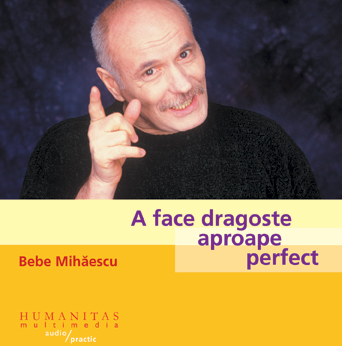



Relevant reading for anyone who wishes to better understand Romania today.1 ACADEMIA ROMÂNĂ ANUARUL INSTITUTULUI DE CERCETĂRI SOCIO-UMANE C.S. I would have liked the summary message to be sunnier, but "despite the negative impact in their lives, with few exceptions, the women interviewed did not articulate a wish to detach from the deeply patriarchal character of Romanian society".

On a personal note, it made me better understand my mother's views and her grand historical experiences (she was 33 in 1989, when Romania became an official democracy) a quote sums up nicely what was likely her experience also: "each women simply tried to live her life within her own history". Generally, this volume offers an enriching view of gender relations in our complex society it holds a social and political lens to our daily lives. The book says so much about fascinating subjects, like (i) how did Romania's profound gender-normative traditions arise (no surprise: deeply held Christian Orthodox norms, which encircled our forbearers long before any state regulations did) (ii) why is the participation rate in NGO's so low today (iii) why we don't generally socialise with neighbours or other people outside our close family (the so-called third place which is non-existent for our countryfolk) (iv) how did physical beauty emerge as a characteristic for ideal women in the younger generation's view (this was not mentioned by older women hint: TV) (v) how communism's apparent levelling of gender differences actually normalised and entrenched the profound paternalistic structures of work & family relations (vi) how 1966's ban on abortions affected women (vii) how do women today view politics (poorly) and how / if they plan to get involved (not really, unfortunately). My only regret is that the study is not more recent although the results mostly make intuitive sense even now, I would have really liked to see what today's (2016-2019) women have to say about Romania. The authors explain the results of their study (interviews and focus groups during 2009 - 2010) on 101 women in Hunedoara, who were asked to chart their passage from communism to democracy during Romania's last decades. I read it fast, with high interest, and I enjoyed it! Of course, bear in mind one has to have patience and tolerance for scholarly writing although a bit dry (it's a sociologic study after all), the information it reveals is intriguing. I was lucky enough to pick up this book (in Romanian) on a whim.


 0 kommentar(er)
0 kommentar(er)
